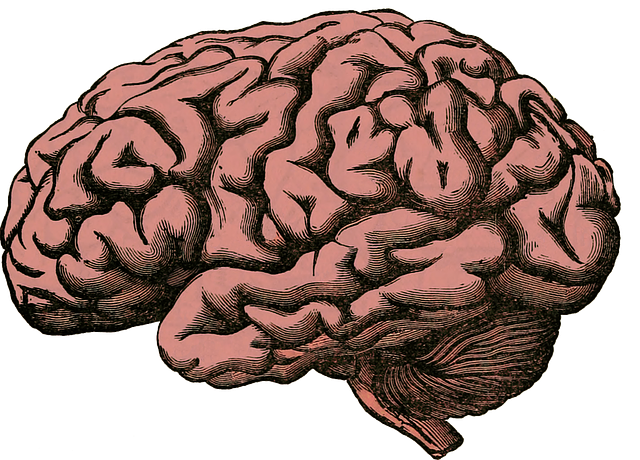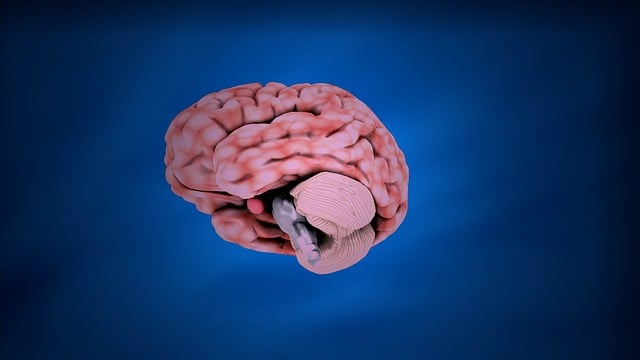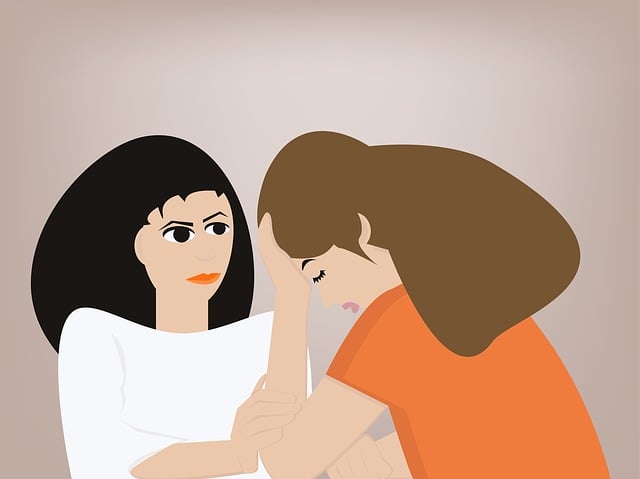Mental health advocacy plays a vital role in empowering women by tackling unique mental health challenges they face, such as postpartum depression and anxiety disorders. Advocates push for accessible therapy for adults with womens' issues, normalizing help-seeking behaviors and reducing stigma. By offering tailored programs, crisis intervention, and mood management guidance, these efforts foster open dialogue, early intervention, and improved overall well-being, especially in marginalized communities facing financial and awareness barriers.
Mental health advocacy plays a pivotal role in fostering well-being by raising awareness, breaking down stigmas, and ensuring access to support systems. This article delves into the crucial aspects of mental health advocacy, focusing on women’s unique challenges and effective strategies. We explore how tailored initiatives can address specific issues faced by adult women, enhancing their access to therapy and overall mental health care. By understanding these efforts, we can collectively strive for a more inclusive and supportive society.
- Understanding Mental Health Advocacy: The Role in Promoting Awareness and Support for Adults' Well-being
- Targeting Women's Mental Health Issues: Unique Challenges and Effective Advocacy Strategies
- Accessing Therapy: Overcoming Barriers and Ensuring Inclusive Support for Adult Women
Understanding Mental Health Advocacy: The Role in Promoting Awareness and Support for Adults' Well-being

Mental health advocacy plays a pivotal role in fostering awareness and support for adults’ well-being. It involves championing causes related to therapy for adults, particularly focusing on women’s issues, which are often overlooked or stigmatized. Advocacy initiatives work towards breaking down barriers by educating communities about mental health through designed programs that cater to diverse needs. These programs not only provide crucial crisis intervention guidance but also empower individuals to manage their moods effectively.
Advocates push for policies and resources that ensure accessible therapy services, especially tailored for women facing unique challenges. By raising voices and sharing personal stories, they create a supportive environment where seeking help is normalized. This movement encourages open conversations about mental health, reduces the stigma associated with it, and promotes early intervention—key factors in improving overall adult well-being.
Targeting Women's Mental Health Issues: Unique Challenges and Effective Advocacy Strategies

Women often face unique mental health challenges due to societal norms, gender roles, and biological factors. Issues like postpartum depression, anxiety disorders, and unique expressions of stress related to caregiving responsibilities are prevalent but often overlooked or stigmatized. Advocacy initiatives focused on women’s mental health must address these specific concerns by promoting access to specialized therapy for adults with womens’ issues, such as those tailored for perinatal mental health.
Effective strategies include raising awareness about the intersection of gender and mental health through educational campaigns, fostering cultural sensitivity in mental healthcare practice, and encouraging open conversations around women’s emotional experiences. By implementing these approaches, advocates can help destigmatize women’s mental health issues and ensure that services are tailored to meet their distinct needs, ultimately improving self-esteem and overall well-being.
Accessing Therapy: Overcoming Barriers and Ensuring Inclusive Support for Adult Women

Accessing therapy is a critical step for adult women seeking to address their mental health concerns. However, numerous barriers often impede this process, including financial constraints, lack of awareness about available resources, and stigma surrounding mental illness. These obstacles disproportionately affect marginalized communities, further exacerbating existing disparities in access to quality mental healthcare. To ensure inclusive support, initiatives focused on inner strength development through therapy for adults women’s issues must prioritize affordability and accessibility. This involves expanding community-based programs, integrating online therapy options, and providing financial assistance for those in need.
Addressing these barriers requires a multifaceted approach that considers cultural sensitivity in mental healthcare practice. By incorporating conflict resolution techniques tailored to the unique experiences of adult women, therapists can foster safe, supportive spaces. This, in turn, encourages open communication and promotes effective treatment outcomes. Understanding the interplay between gender, culture, and mental health is essential to developing inclusive strategies that empower adult women to prioritize their inner strength and well-being.
Mental health advocacy plays a pivotal role in fostering awareness, breaking down stigma, and ensuring support systems for adult women’s unique mental health issues. By targeting specific challenges, such as access to therapy and gender-specific needs, we can revolutionize the well-being landscape. Initiatives that advocate for inclusive therapy options are essential, addressing barriers that prevent women from seeking the help they deserve. Together, these efforts create a more supportive environment, ultimately enhancing the availability and accessibility of much-needed therapy for adults’ mental health issues.










